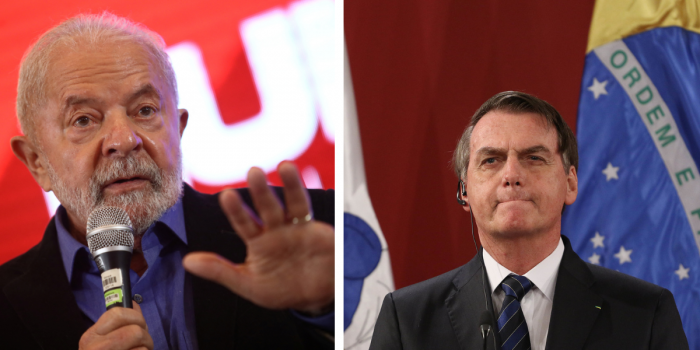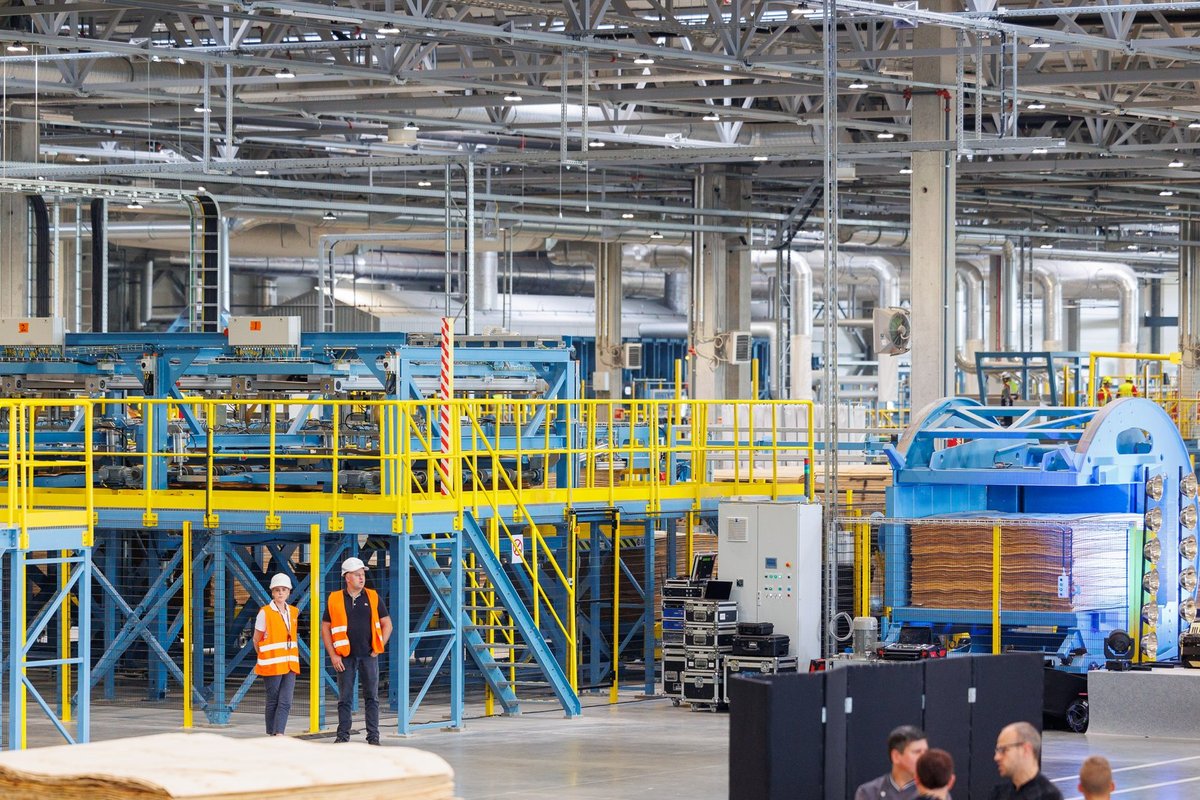Some 156.5 million voters are called to the polls on Sunday in Brazil to elect a president in a polarized dispute between far-right Jair Bolsonaro and progressive Luiz Inácio Lula da Silva, as well as to renew Congress and elect regional governors.
On the eve of the most polarized presidential elections in Brazil’s history, the main question is whether Lula, the leader of the leftist Workers’ Party (PT), will get more than half of the valid votes, which will guarantee him the election without the need for Second round.
This is because, according to the latest polls, the former union leader has 50% of the valid votes (already discounted white and null), while the far-right leader, who aspires to re-election, has 36%.
Faced with such a situation, Lula has dedicated the last days of his campaign to seeking the so-called “useful vote”, that is, to attract voters from candidates without possibilities who want to support him in order to define the lawsuit on Sunday.
The former president (2003-2010) extended his campaign on Friday to Ceará, the state of greatest influence of Labor leader Ciro Gomes, the third most voted candidate in the 2018 presidential elections and who appears third in this year’s polls (with 6 %), with the intention of trying to win over the voters of his former minister.
According to analysts, the possibility that Lula manages to guarantee re-election on Sunday depends not only on his success in the campaign to attract the “useful vote” but also on the level of abstention, since a low turnout at the polls can harm him.
DOUBTS ABOUT IF BOLSONARO WILL RECOGNIZE THE RESULTS
The other big question on the eve of the presidential elections is Bolsonaro’s possible reaction in the event of a defeat, since the president has said that he will only accept the result if the elections are “clean and transparent”, something that has generated uncertainty.
Since Lula appears as the favorite in the polls, the far-right leader has been questioning the reliability and security of Brazil’s electronic voting system, implying that it can be subject to fraud and alleging that the electoral authorities have a preference for his rival. .
Some sectors, including the PT leaders, fear that the head of state is preparing the ground to seek support for a possible coup.
The electronic ballot box has been used by Brazil since 1996 without any fraud being proven until now.
LULA, AT A DISADVANTAGE IN THE REGIONAL AND LEGISLATIVE
Despite Lula’s wide favoritism in the presidential elections, the leaders in the polls in the disputes for regional governments are candidates from center-right parties.
The Unión Brasil, a party born last year from the merger of the right-wing Democrats and the Social Liberal Party, is the formation that, according to polls, could obtain more governorships in the regional elections, since, according to the latest polls, its candidates they are favorites in at least 7 of the 27 states in the country.
Next, the parties with the most candidates leading the polls are the Brazilian Democratic Movement (MDB), the largest center-right force in the country and with the option of electing the governors of four states, and the right-wing Progressive Party (PP), with three favorite candidates.
The parties of Lula and Bolsonaro are among the least competitive in the regionals, but the PT leads the polls in three states, including Sao Paulo, the most populous and richest in the country, which has never been governed by this center-left force.
As for the Congress, from which all 513 deputies and 27 of the 81 senators (a third) will be elected, projections indicate that the future president will have to deal with a little renewed Congress, highly fragmented and with a majority of legislators linked to conservative and center-right parties.
According to projections by the firm Quaest, the conservative parties will continue to occupy half of the seats in the Lower House, those on the right will shrink slightly (from 253 to 245) and those on the left will grow (from 121 to 129).
The parties close to the coalition led by Lula must increase their number of representatives from 222 to 234, including those of some center formations that supported previous PT governments, according to Quaest.
Those in Bolsonaro’s orbit will lose some seats, from 194 to 181, according to the same projections.
.gnews-container{ display: flex; align-items: center; /* justify-content: end; */ margin-bottom: 15px; } .gnews-img{ margin-left: 0.6rem; border: 1px solid #dadada; border-radius: 10px; padding: 0.525rem; } .gnews-text{ font-family: ‘DroidSans’, sans-serif; font-weight: 400; }
Source: Elmostrador













